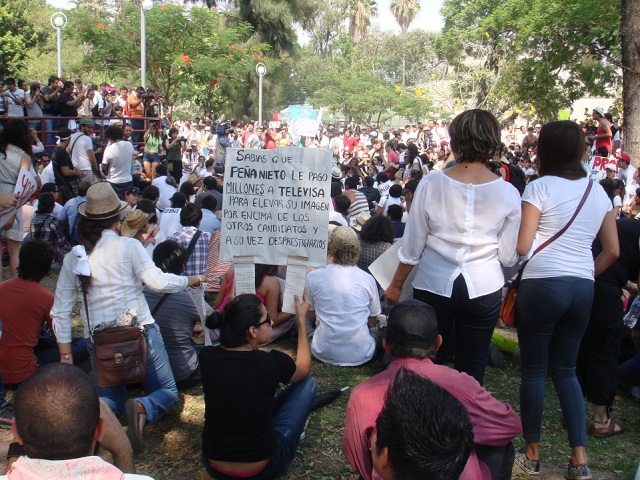
Dispatches, Mexico, North America
Mexico: “Yo Soy 132” Movement Seeks To Influence Presidential Elections
June 22, 2012 By Marisa Raditsch
Dr. Jaime Preciado, head of the Department of Political Science at the University of Guadalajara, says that unlike the 1968 student movements, Yo Soy 132 does not include university professors, nor is it firmly linked to civil society organizations, although it appears that these links are starting to be made.
“I believe that an aspect that comes from the experiences of ’68 is the critical consciousness which the students follow in the context of the university and the role of the student’s intellectual background,” Preciado says. “This movement reflects the critical spirit of ’68 and the ideas that came from Paris: power to the imagination, the anti-systemic critique – but it also has its differences.”
Eduardo Aguilar, an international relations student at the University of Guadalajara and active participant in Yo Soy 132, calls the movement “a breath of fresh air for this country.” Aguilar is frustrated with what he perceives as a lack of political representation in Mexico. “As a citizen, I can’t turn to a political party; I can’t talk to my elected representatives. There is nowhere I can go and no one who will listen to me. If we as young people get organized, go places, and state what we want, well, that’ll be it.”
According to Fernanda Torres of the Department of Social Communication at the PRI’s headquarters in Guadalajara, Peña Nieto’s campaign is in favor of freedom of expression and is content that young people are interested in the country’s well-being. The campaign proclaims itself to be anti-violence, pro-peace and against the political and military repression of opposition movements exemplified in 1968. “[We see it as] a good thing that they are getting involved [in Yo Soy 132], but we don’t like the fact that they are against a specific person,” Torres says.
Since Yo Soy 132 began as a protest against a particular political party and candidate, not all Mexican students consider it a democratic movement. In mid-June, a group of students broke off of Yo Soy 132 into Generación MX. The original movement has denounced this subgroup for favoring right-wing authoritarianism in the PRI. Meanwhile, poet and peace activist Javier Sicilia has accused Andrés Manuel López Obrador, Peña Nieto’s presidential rival, of being an example of left-wing authoritarianism.
Though Peña Nieto is widely predicted to become Mexico’s next president, Yo Soy 132’s plans are being established for the long run. “The crucial test [for the movement] is whether or not they are able to transcend the moment of the elections,” says Preciado. “It is probable that the conflicts with the de facto power represented by media power won’t go away, so I think that the situation immediately after the elections will not be easy.”
Up until Election Day on July 1, Yo Soy 132 is planning more protests, petitions, and Internet movements. After the elections, according to Aguilar, the idea is to organize “a citizen assembly which creates a new Constitution. There are plans for the movement to continue, not end.”
Tamayo predicts that, at the very least, Yo Soy 132 will affect voting for Peña Nieto. “Whether he wins or someone else wins, it will compel [the government] to have to consider the demands that are being made,” he says. “And it can, to some degree, if not break up the monopoly of the television media, at least generate conditions for greater openness in these areas.”
Preciado says that one of the biggest challenges facing Yo Soy 132 is to ensure that the movement doesn’t become bureaucratized or co-opted by certain leaders. Furthermore, Preciado hopes that the movement will create links with a myriad of different groups, movements and leaders, such as the poet Javier Sicilia and the Movimiento por la Paz.
Time will soon tell what is in store for Mexico and its newly awakened youth. What is certain is that now is the time for active and expanded participation by young Mexicans in the country’s political processes.
Photo: Used with permission by Marisa Raditsch.
About Marisa Raditsch
Marisa Raditsch is a California native who has lived in Mexico for four years while studying International Relations with a focus on Latin American Studies at the University of Guadalajara.
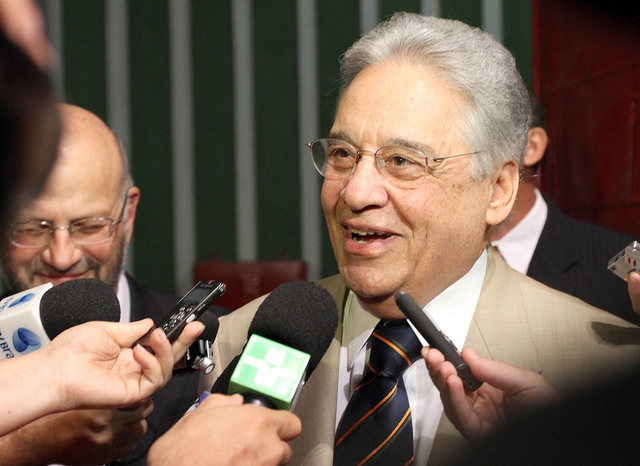
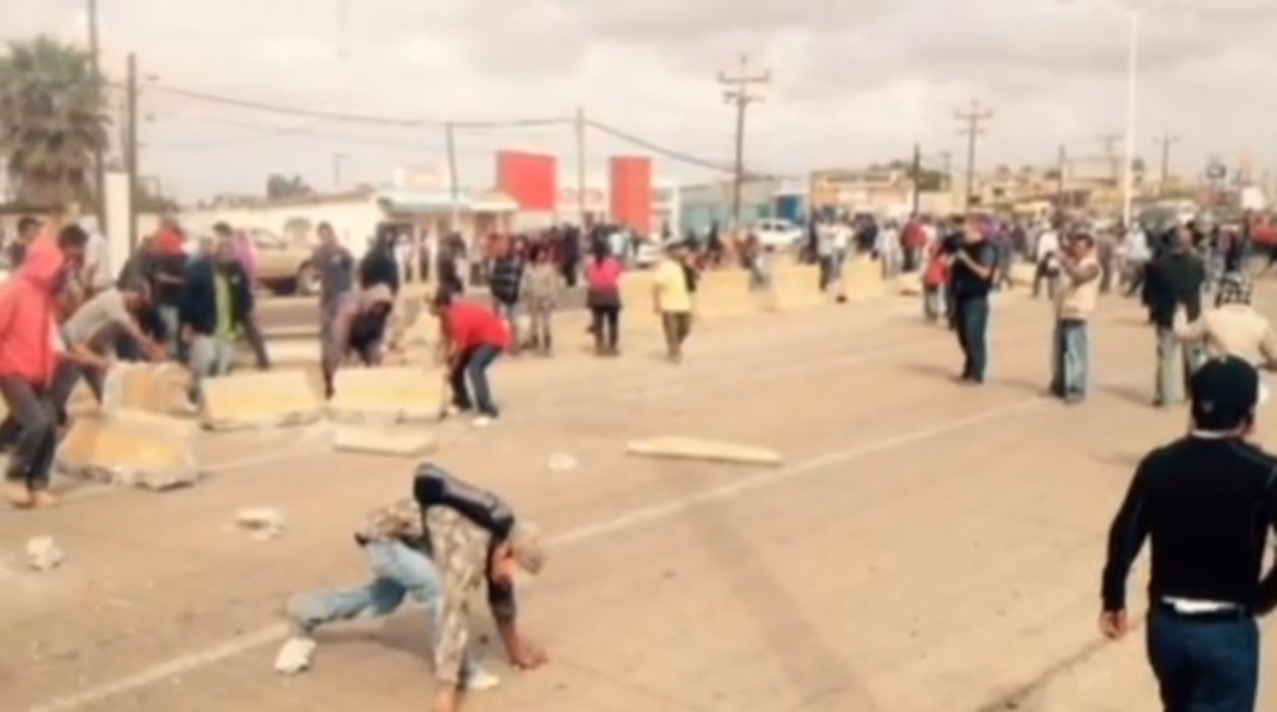


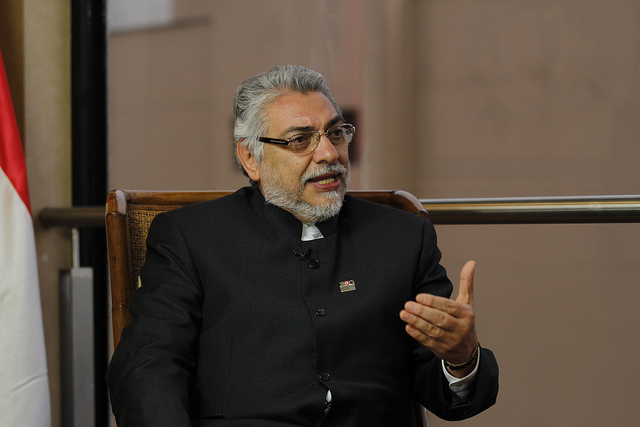
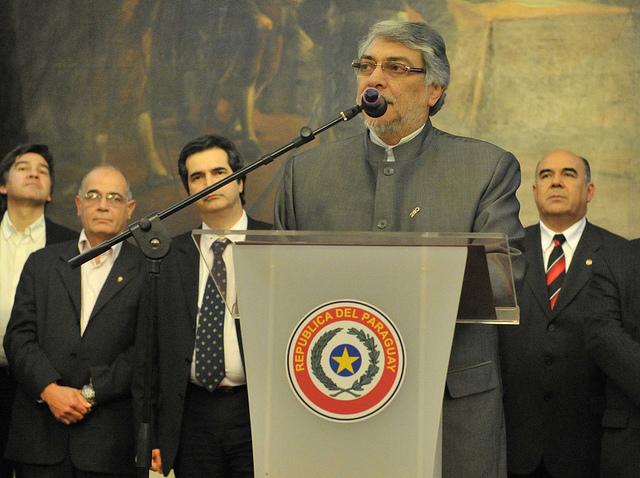
5 Comments
very good explanation of the movement.
[…] Mexico: “Yo Soy 132″ Movement Seeks To Influence Presidential Elections […]
[…] hired by one of Peña Nieto’s political opponents,” according to Latin American News Dispatch. (https://latindispatch.com/2012/06/22/mexico-yo-soy-132-movement-seeks-to-influence-presidential-elect…) The students responded by videotaping their student IDs and posting them on YouTube. There were […]
[…] hired by one of Peña Nieto’s political opponents,” according to Latin American News Dispatch. (https://latindispatch.com/2012/06/22/mexico-yo-soy-132-movement-seeks-to-influence-presidential-elect…) The students responded by videotaping their student IDs and posting them on YouTube. There were […]
can a former United states president run for senate or house?
Comments are closed.